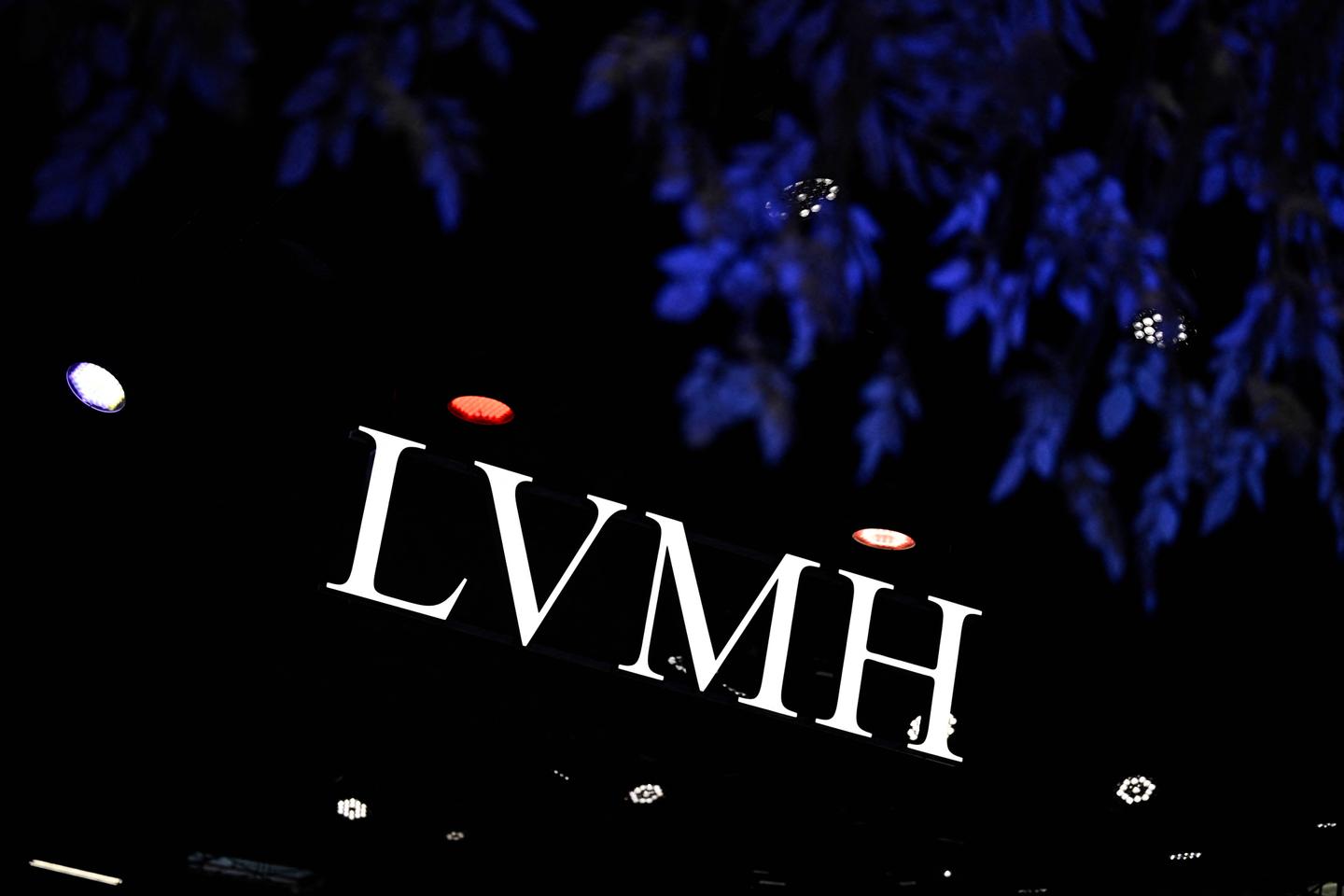


The downturn in luxury goods sales has caught up with LVMH, too. The French group, which owns the Louis Vuitton label, the Hennessy cognac brand, and the retailer Sephora, reported €41.6 billion in revenue over the first six months of the year on Tuesday, July 23. Its worldwide sales were therefore down 1% on the first half of 2023, and its profitability fell by 8% over the period, taking into account negative currency effects. The group's operating margin, however, reached 27.4%. On Wednesday, the day after these results, which were worse than forecast, were published, LVMH shares were down 5% at the opening of the Paris stock exchange.
Although Bernard Arnault, the group's CEO, highlighted "LVMH's remarkable resilience [...] in a climate of economic and geopolitical uncertainty" in a press release, the world's number one luxury goods company has not escaped the loss of momentum in several of its markets. Sales of fashion and leather goods, its most profitable lines of business, are down 2%, those of watches and jewelry are down 5%, and its champagne, wine and spirits brands have seen their business drop by 12%. Only the so-called selective retailing division, which includes the Sephora chain, and the perfumes and cosmetics division, of which Dior is the flagship, grew by 3% and 4% respectively over the period.
Clearly, the LVMH group has been struggling in Asia: Sales there fell by 14% in the second quarter, following a 6% decline over the first three months of the year. Japan was the exception, as the weak state of the yen boosted sales of fashion and leather goods. The country is benefiting from an influx of Asian tourists who flocked to Louis Vuitton, as well as its competitors, on the hunt for bargains. LVMH sales there jumped 44% in the first six months of 2024 compared with the first half of 2023.
Falling consumption in China
The situation in China remains a mystery. When pressed by financial analysts at a press conference on Tuesday, July 23, to comment on the state of this market, Jean-Jacques Guiony, the Group's CFO, simply pointed out that "Chinese consumers continue to make purchases, but not as many as in the past."
Observers hoping to get some indication from LVMH management as to how luxury goods sales are holding up in China will be disappointed. For months, economists have been worrying about the slowdown in Chinese growth and the drop in Chinese consumption.
Indeed, in 2023, China accounted for 16% of the €362 billion of total global spending in the luxury goods sector. Moreover, several of LVMH's competitors have already reported drastic sales drops in the country.
You have 34.11% of this article left to read. The rest is for subscribers only.
